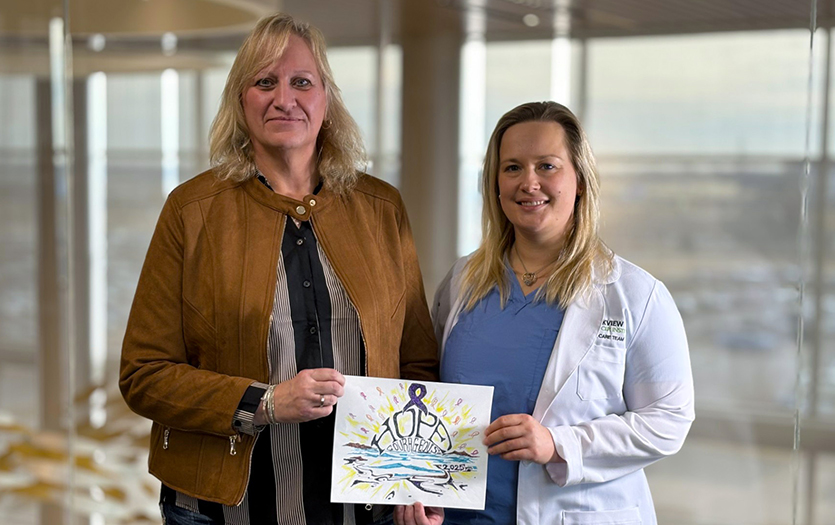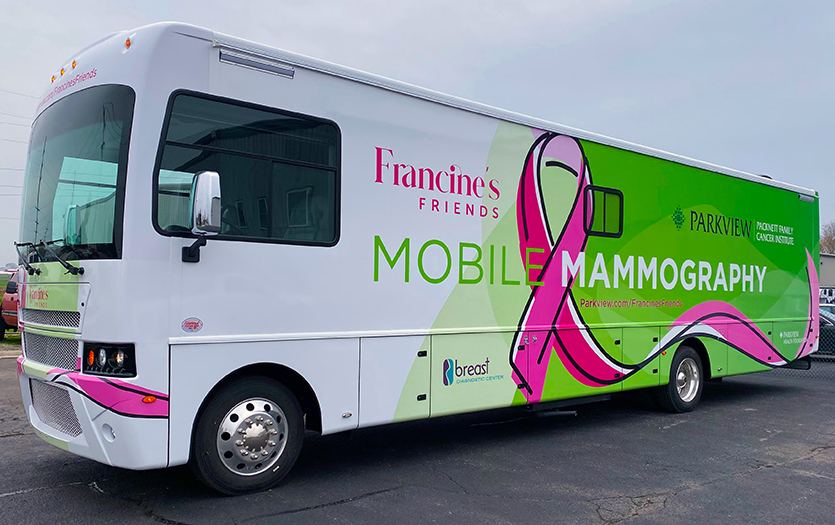
This post was written by Reshi Kanuru, MD, PPG – Gastroenterology.
We sat in silence as the weight of my words grew heavier. A simple positive stool test for blood and a follow-up colonoscopy had forever changed her life. I had just told my patient that she had colon cancer.
Unfortunately, moments like this are far too common. In 2018, more than 50,000 people died from colorectal cancer with at least 100,000 new cases in the same year. What is even more breathtaking is that 1 in 24 people will be diagnosed with colorectal cancer in their lifetime. Just think of how many people you know. Colorectal cancer is a very personal disease that will affect all of us in some way.
How are we doing in the fight against colorectal cancer?
Our fight against colorectal cancer has resulted in wins and losses. Better education regarding colorectal cancer screening and awareness of risk factors for colorectal cancer has led to a steady decline in the number of new colorectal cancer cases across the United States. In fact, we are diagnosing colorectal cancer at earlier stages resulting in greater long term survival with treatment.
Despite the decrease in colorectal cancer cases, we are seeing a surprising increase in the number of cases in those from 20-49 years old. This new trend may be related to the obesity epidemic or another risk factor we have not yet identified.
We have seen success by the significant decrease in the number of new colorectal cancer cases and deaths related to colorectal cancer in the African American population. Unfortunately, the rates of death related to colorectal cancer among African Americans are still higher than any other ethnicity.
Though we have made great strides in fighting colorectal cancer there is still room for improvement. Going forward we need to identify those who have a higher risk for colorectal cancer and get them screened.
What are the lifestyle risk factors for colorectal cancer?
Risk factors for colorectal cancer are split into lifestyle and family history. The greatest lifestyle risk factors for colorectal cancer are alcohol, obesity, diabetes, and eating red meat. Given the rise in alcoholism, obesity, and diabetes over the past 10 years, we need to be more vigilant than ever regarding screening for colorectal cancer or we may start losing the gains that have taken so long to achieve.
How does family history play a role in my risk for colorectal cancer?
Family history plays a very important role in the development of colorectal cancer. If someone has a primary relative (parent or sibling) who is diagnosed with colorectal cancer, prior to the age of 60, then we need to start colorectal cancer screening early. Start screening 10 years prior to the age the primary relative was diagnosed or age 40, whichever is younger. For example, if someone’s father was diagnosed at age 55 with colon cancer then start screening at age 40, not 45.
If I do not have a family history of colorectal cancer when should I start my screening?
For those who are average risk for colorectal cancer, we start screening at the age of 50. The American Cancer Society released guidelines this past year stating that those with average risk should start screening at 45 and not 50. Though this has not become standard of care, further research is needed to decide whether we should begin screening at an earlier age. It is important to talk about your family history to determine if you’re truly average risk. Though this can be uncomfortable to talk about, knowing your family history could save your life.
What are the methods used to screen for colorectal cancer?
The current screening methods for colorectal cancer include stools tests, imaging, or direct visualization tests. I would like to highlight a few tests available.
The stool tests include fecal occult blood test (FOBT), fecal immunochemical test (FIT), and the FIT-DNA (Cologuard®). All these tests are stool tests that detect microscopic blood in the stool as a marker that you may have colon cancer. The FIT-DNA or Cologuard test not only detects blood but also detects abnormal DNA.
In fact, Cologuard is better at detecting possible colorectal cancer than FIT testing alone, but Cologuard results in more false positives than FIT. Noninvasive testing like FIT and Cologuard are good options but they have limitations.
In one study in the New England Journal of Medicine, where colonoscopy detected 104 colorectal cancers, Cologuard only detected 84 of these cancers. It missed 20 cases of colorectal cancer among 104 cases. In addition, the data is similar in large polyps where Cologuard was only able to detect 42% of all the large polyps that colonoscopy was able to identify.
What is the best test to screen for colorectal cancer?
The best screening test for colorectal cancer is colonoscopy, as it is the only screening method that decreases your risk of colorectal cancer in the future.
Colonoscopy is a method where a flexible fiber optic tube is maneuvered through the colon looking for polyps, which are areas of precancerous tissue and colorectal cancer. Unfortunately, to perform a colonoscopy the person undergoing the procedure has to go through a bowel prep so that the entire colon is clean and polyps can be found. The bowel prep is the toughest part of a colonoscopy, but given this is the only test that actually prevents colon cancer, it is well worth it.
Those who are scared of undergoing a colonoscopy may have heard of a distant family member or friend who had a complication. The risk of a major complication with a colonoscopy is low, and you are more than 100 times more likely to be involved in a car accident than to have a major complication with a colonoscopy. It is important to have a colonoscopy by someone who does them on a regular basis to decrease the risk of complications. If you have concerns about the risks or details about colonoscopy talk with your gastroenterologist.
In the end, colorectal cancer screening saves lives so talk with your family doctor and gastroenterologist to get screened!



